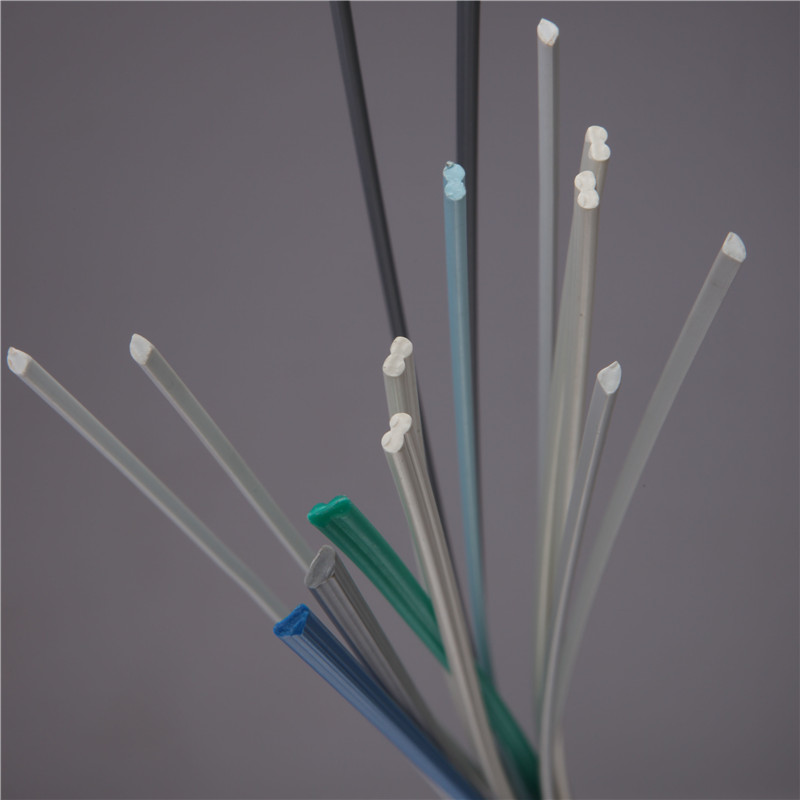Nov . 27, 2024 00:12 Back to list
High-Density Polyethylene Pipes for Efficient Irrigation Solutions and Sustainable Water Management
The Advantages of HDPE Irrigation Pipes in Modern Agriculture
Irrigation plays a crucial role in agriculture, providing crops with the necessary water to thrive, especially in regions where rainfall is insufficient. Among various materials used for irrigation systems, High-Density Polyethylene (HDPE) pipes have gained prominence due to their numerous advantages. This article explores the properties, benefits, and applications of HDPE irrigation pipes and their impact on modern farming practices.
Understanding HDPE Material
High-Density Polyethylene, commonly referred to as HDPE, is a thermoplastic polymer known for its high strength-to-density ratio. This material is highly resistant to impact, chemicals, and UV radiation, making it particularly suitable for agricultural applications. HDPE pipes are characterized by their flexibility, durability, and long lifespan, which can exceed 50 years under proper conditions. These features make HDPE an ideal choice for irrigation systems that must withstand various environmental challenges.
Key Benefits of HDPE Irrigation Pipes
1. Durability and Longevity Unlike traditional materials such as PVC and metal, HDPE pipes resist corrosion and stress fractures. They can endure extreme temperatures and harsh weather conditions, which significantly reduces the likelihood of leaks and failures. Farmers investing in HDPE irrigation systems can expect minimal maintenance costs over time.
2. Flexibility and Ease of Installation HDPE pipes come in various diameters and lengths, making them highly flexible to suit different agricultural configurations. Their lightweight nature facilitates easier handling and installation, allowing farmers to set up irrigation systems quickly and efficiently. This adaptability makes HDPE suitable for both surface and subsurface irrigation.
3. Cost-Effectiveness While the initial investment in HDPE irrigation pipes may be higher compared to other materials, the long-term savings are significant. Reduced maintenance and replacement costs, coupled with the efficiency of water distribution, lead to lower overall operational costs. Farmers can also benefit from improved yield due to optimized water use.
4. Environmental Sustainability HDPE is a recyclable material, contributing to its eco-friendliness. The reduction of water wastage through efficient irrigation techniques further enhances sustainability within agricultural practices. As farmers implement HDPE systems, they can contribute to water conservation efforts, a crucial aspect amid growing concerns about water scarcity.
hdpe irrigation pipe

5. Enhanced Water Distribution HDPE pipes allow for a uniform distribution of water across agricultural fields. This consistent water supply can enhance crop growth and yield, providing farmers with a greater return on investment. The smooth inner walls of HDPE pipes also reduce friction loss, ensuring that water flows efficiently from the source to the crops.
Applications in Agriculture
HDPE irrigation pipes are versatile and can be used in a variety of agricultural applications, including
- Drip Irrigation This method delivers water directly to the root zone of plants through a network of tubes and emitters, reducing evaporation and runoff. HDPE pipes are ideal for this application due to their durability and ability to maintain low pressure.
- Sprinkler Systems HDPE pipes can be used to transport water to different sprinkler heads, providing a comprehensive solution for crop irrigation. Their flexibility allows the design of dynamic sprinkler layouts that can adapt to changing agricultural needs.
- Subsurface Irrigation This approach involves burying pipes beneath the soil surface. HDPE's resistance to clogging and its non-corrosive properties make it suitable for subsurface installations, enabling efficient moisture control without the drawbacks of surface irrigation.
Conclusion
With the increasing need for efficient water management in agriculture, HDPE irrigation pipes offer a reliable solution to meet modern farming demands. Their durability, flexibility, cost-effectiveness, and positive environmental impact make them an essential component of contemporary irrigation practices. As farmers continue to adopt innovative technologies to enhance productivity, HDPE piping systems stand out as a smart investment for sustainable agriculture. Embracing HDPE not only improves crop yield but also paves the way for responsible water usage in farming.
-
High-Quality PPR Pipes and Fittings Durable ERA PPR & PVC PPR Solutions
NewsJul.08,2025
-
Black HDPE Cutting Board - Durable, Non-Porous & Food Safe HDPE Plastic Cutting Board
NewsJul.08,2025
-
High-Quality CPVC Panel Durable HDPE & PVC Panels Supplier
NewsJul.08,2025
-
Double PE Welding Rod Supplier - High Strength, Durable & Versatile Welding Solutions
NewsJul.07,2025
-
High-Quality PVC-O Pipe Supplier Durable 75mm PVC Pipe & Connections Leading PVC Pipe Company
NewsJul.07,2025
-
HDPE Drainage Pipe Supplier – Durable & Corrosion-Resistant Solutions
NewsJul.06,2025

